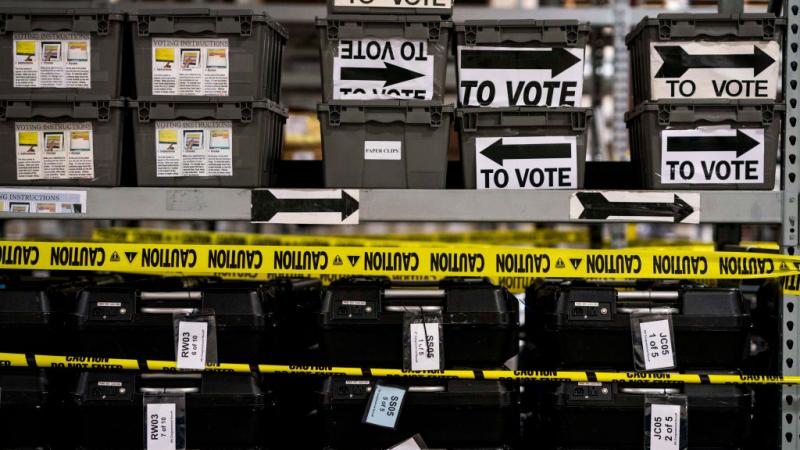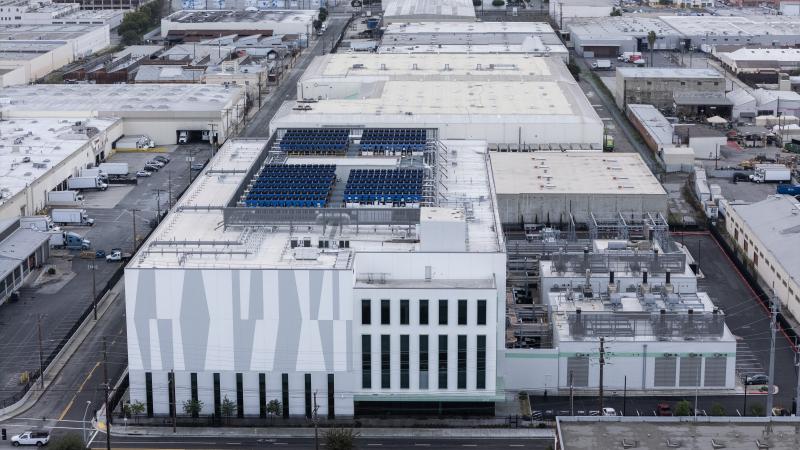California's new slavery reparations legislation dumps planned cash payments
Some California lawmakers oppose the bill because it would allow for racial preferences in college admissions and jobs.
(The Center Square) - The California Legislative Black Caucus announced a package of 14 slavery reparations, including an exemption to the state constitution’s ban on racial preferences and discrimination. Notably, the package does not include direct cash payments to descendants of slaves. California joined the United States as a free state that expressly outlawed slavery.
“While many only associate direct cash payment with reparations the true meaning of the word, to repair, involves much more,” said Assemblymember and California Legislative Black Caucus chair Lori D Wilson, D-Suisan City. “This year’s legislative package tackles a wide range of issues; from criminal justice reforms to poverty rights to education, civil rights and food justice.”
Chief among the proposals is ACA 7, a bill from Assemblymember Corey Jackson, D-Moreno Valley, that would create an exemption to the state constitution’s ban on racial discrimination or preferences in public employment, education, and contracting. This exemption would allow for state programs “for purposes of increasing the life expectancy of, improving educational outcomes for, or lifting out of poverty specific groups based on race, color, ethnicity, national origin, or marginalized genders, sexes, or sexual orientations.”
“The nation is waiting for us to lead. And as California always does, we will lead in addressing a delayed justice called Reparations,” said California Secretary of State Shirley Weber in a statement.
Some California lawmakers oppose the bill because it would allow for racial preferences in college admissions and jobs.
“California Democrat lawmakers are at it again, trying to make racism legal,” said State Sen. Brian Jones, R-Santee in a statement. “I strongly oppose ACA 7. Enacting racial quotas for college admissions and state jobs is simply wrong!”
Another bill requires “advance notification to community stakeholders prior to the closure of a grocery store in underserved or at-risk communities” in response to theft-driven store closures across the state. A different bill requires the government “prioritize African American applicants seeking [government-issued] occupational licenses.”
Based on combined cash reparations initially called for by the California Reparations Task Force, a body created by the state legislature, an eligible black resident of California could have been owed up to $1.2 million, according to an analysis by CalMatters. However, a 2023 poll from UC Berkeley’s Institute of Government Studies found little appetite among California voters for cash reparations for or increasing programs targeted at the state’s black residents.
While 60% of California voters feel the legacy of slavery affects the state’s black residents, 59% of voters oppose cash payments to black residents, compared to 28% in support, including 76% of black voters and 43% of Democrats. The poll also found 48% of voters say the state is doing enough or too much to help black residents succeed, while just 29% of voters, including 73% of black voters and 43% of Democrats, say the state is doing too little. Only up to 30% of non-black voters feel the state is doing too little for black residents, while up to 25% support cash payments.
















